Directory
- Share
Emily Bruce
- Alumni
- United States
- 2007 MPhil Biological Science (Pathology)
- Pembroke College
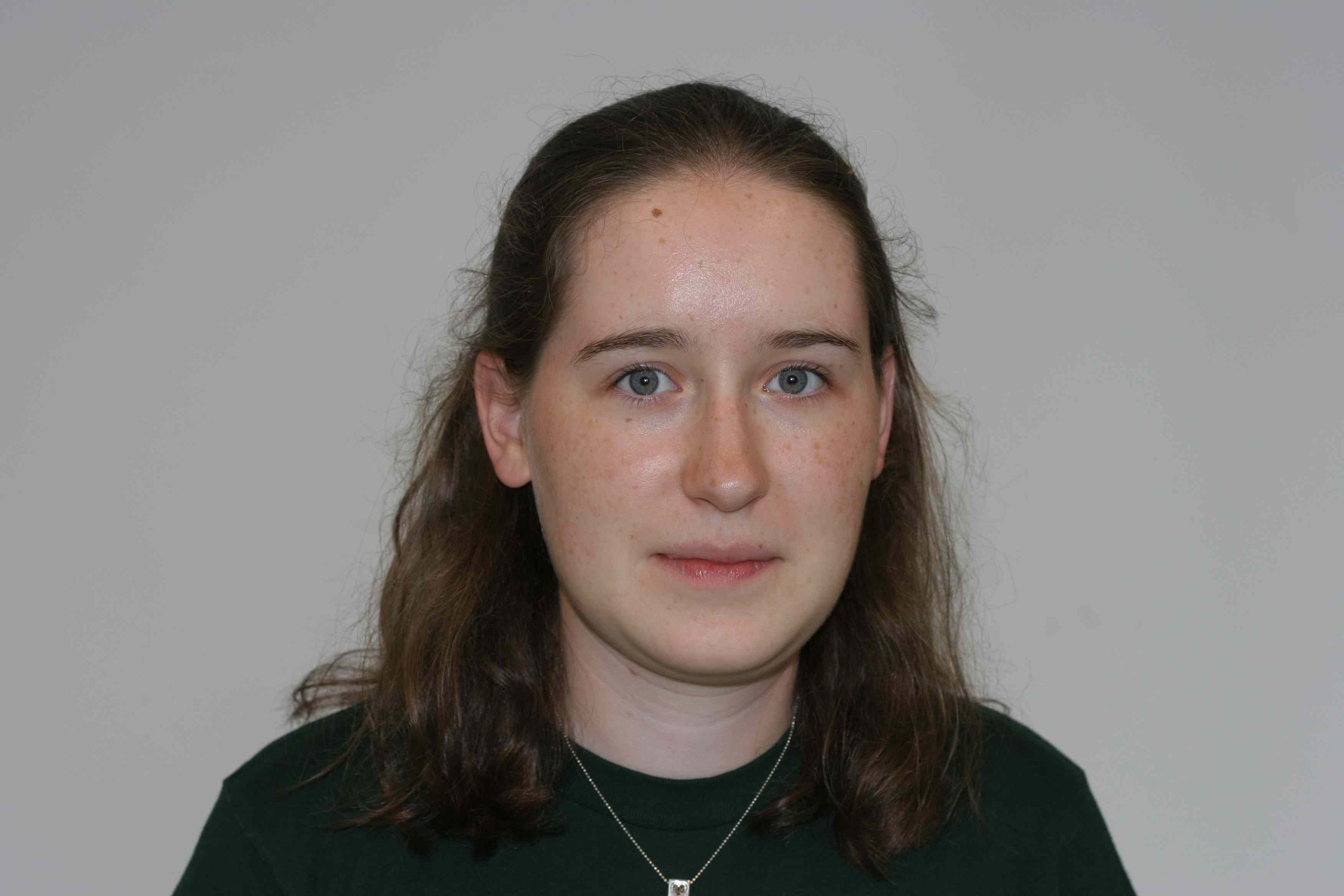
Emily Bruce
- Alumni
- United States
- 2007 MPhil Biological Science (Pathology)
- Pembroke College
I work in Dr Paul Digard's lab in the Division of Virology studying the role of cellular proteins in Influenza A virus assembly and budding.
Katherine Bruce-Lockhart
- Alumni
- Canada
- 2013 PhD History
- Trinity College
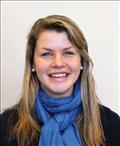
Katherine Bruce-Lockhart
- Alumni
- Canada
- 2013 PhD History
- Trinity College
I graduated with a BA in History and African Studies from the University of Toronto in 2012, and a MSc in African Studies from the University of Oxford in 2013. I am fascinated by the intersections between history and justice, especially on the African continent. My current research focuses on the prison system in Uganda from the onset of colonial rule to the overthrow of Idi Amin in 1979. I am interested in how prisons became sites of interaction and contestation between the state and society in both the colonial and post-colonial periods; spaces in which questions of power, morality, and identity were negotiated and challenged. My previous research focused on the detention of women during the Mau Mau Rebellion in colonial Kenya, with a particular emphasis on how colonial gendered perceptions of deviancy shaped punishment practices. More broadly, I am interested in the history of crime and punishment in colonial and post-colonial Africa; histories of women's detention and incarceration across the African continent; and the politics of reparations.
Douglas Brumley
- Alumni
- Australia
- 2009 PhD Applied Mathematics and Theoretical Physics
- Trinity College
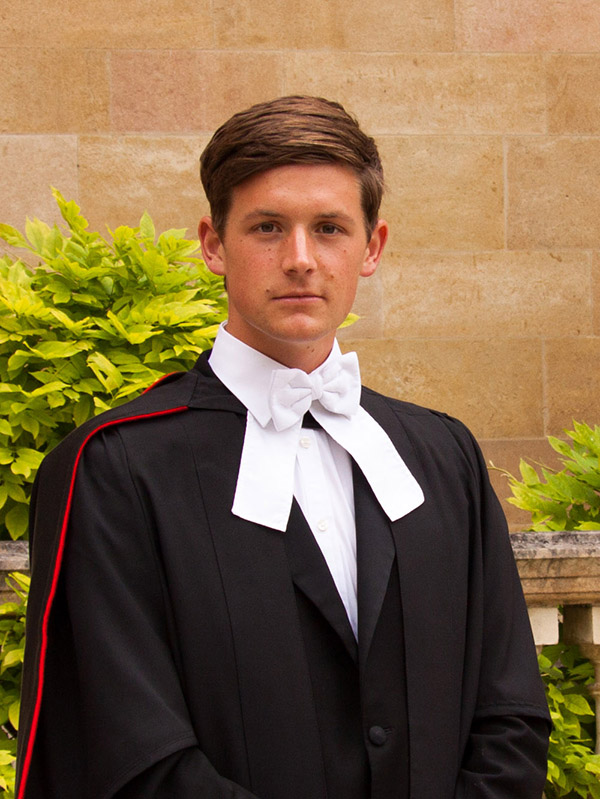
Douglas Brumley
- Alumni
- Australia
- 2009 PhD Applied Mathematics and Theoretical Physics
- Trinity College
Marie Brunet
- Alumni
- France
- 2011 PhD Pharmacology
- Christ's College
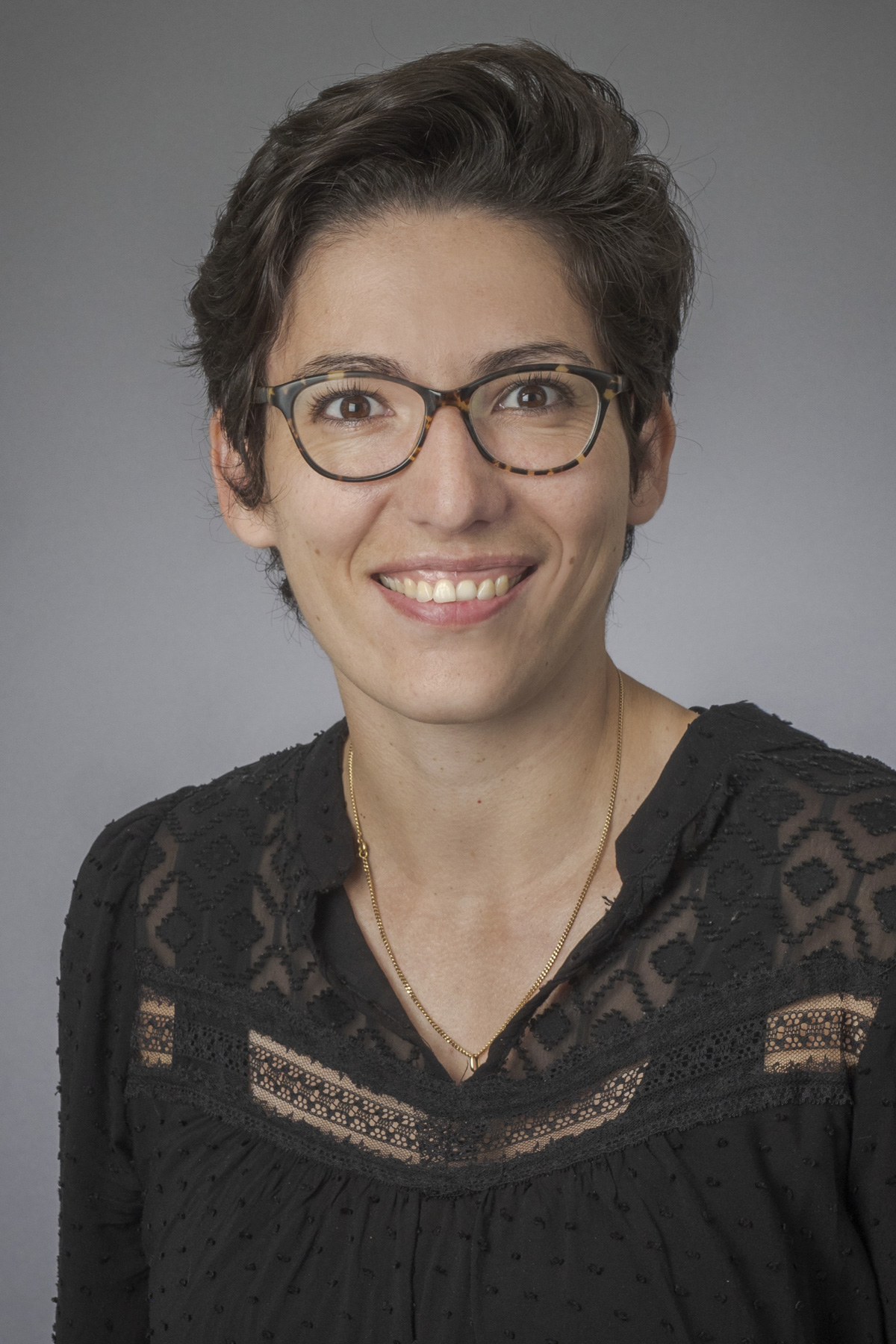
Marie Brunet
- Alumni
- France
- 2011 PhD Pharmacology
- Christ's College
Marie Brunet qualified as a doctor of veterinary medicine (France) and later completed her PhD in Pharmacology at the University of Cambridge (UK) under a Gates Cambridge scholarship. She did her postdoctoral training in Biochemistry and Functional Genomics at the University of Sherbrooke (Canada) under the co-supervision of Pr Roucou and Pr Cohen. Throughout her cursus, she gained a diverse set of expertise from medicine and fundamental biological sciences to bioinformatics and deep learning. Her research focuses on the secrets still hidden in our genomes. Because in an era where getting a genome sequenced is not a hurdle, we still don’t know the origin of 2 in 5 inherited diseases. This number alone shows we have only explored the shallow waters of our genome and we now need to dig deeper. Marie uses deep learning methods to better explore our data and understand human diseases, focusing on pediatric cancers and rare diseases.
“The outside world is full of wonders and we have much to explore. I like to travel inside our genomes as much as I like to travel the world: exploring, discovering and understanding.”
Esther Bulloch
- Alumni
- New Zealand
- 2001 PhD Chemistry
- Christ's College

Esther Bulloch
- Alumni
- New Zealand
- 2001 PhD Chemistry
- Christ's College
Jessica Bulman
- Alumni
- United States
- 2002 MPhil American Literature
- Clare Hall

Jessica Bulman
- Alumni
- United States
- 2002 MPhil American Literature
- Clare Hall
Claire Bunn
- Scholar
- United States
- 2022 PhD Physiology, Development and Neuroscience
- Christ's College
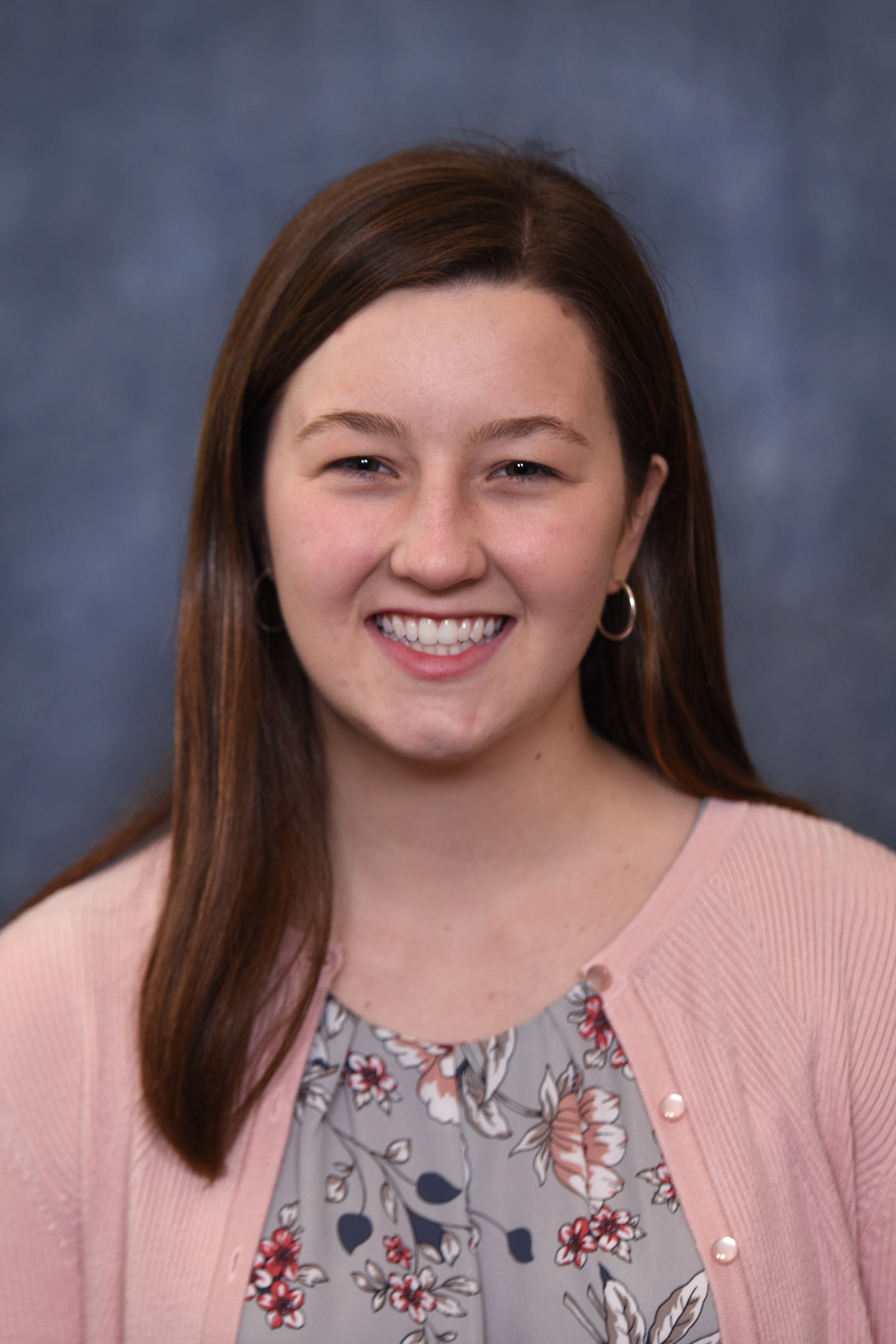
Claire Bunn
- Scholar
- United States
- 2022 PhD Physiology, Development and Neuroscience
- Christ's College
I was raised in Marion, Arkansas and attended the University of Georgia as a Foundation Fellow and Stamps Scholar to study genetics. I devoted much of my time on campus to researching protein kinases using bioinformatic and biochemical approaches and working as a campus tour guide. During the COVID-19 pandemic, I began researching developmental lung biology at Vanderbilt. I quickly realized my interest at the intersection of developmental and cancer biology and the wide therapeutic potential the field offers. As an aspiring physician-scientist, I also took time to research public health in my home region as a Delta Scholar and wrote for the Boston Congress of Public Health. At Cambridge, I will pursue a PhD in the Department of Physiology, Development, and Neuroscience to functionally assess the cell extrinsic and intrinsic mechanisms controlling human lung airway fate specification. Through this research, I hope to deepen our understanding of fundamental biological processes to guide personalized medical therapies that are accessible to all populations. I am grateful to be joining the Gates Cambridge community and am honored to have been selected for a cohort in which intellectual acumen and compassion are equally valued.
Previous Education
University of Georgia Genetics, Minor in Statistics 2022
Lucy Burgchardt
- Alumni
- United States
- 2010 MPhil Archaeology
- Churchill College
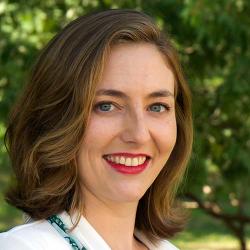
Lucy Burgchardt
- Alumni
- United States
- 2010 MPhil Archaeology
- Churchill College
Lucy Burgchardt's background in archaeology informs her current research into how archaeological findings are taken up in public life and used toward political ends. Her award-winning dissertation, completed at the University of North Carolina at Chapel Hill, investigated the history of preservation advocacy on behalf of ancestral Indigenous landscapes in the Southwestern United States. Her next project is an analysis of organizational rhetoric at sites like Mesa Verde National Park and Chaco Culture National Historical Park.
Previous Education
Ripon College
Kristen Burgess
- Scholar
- South Africa
- 2023 PhD Chemistry
- St Catharine's College
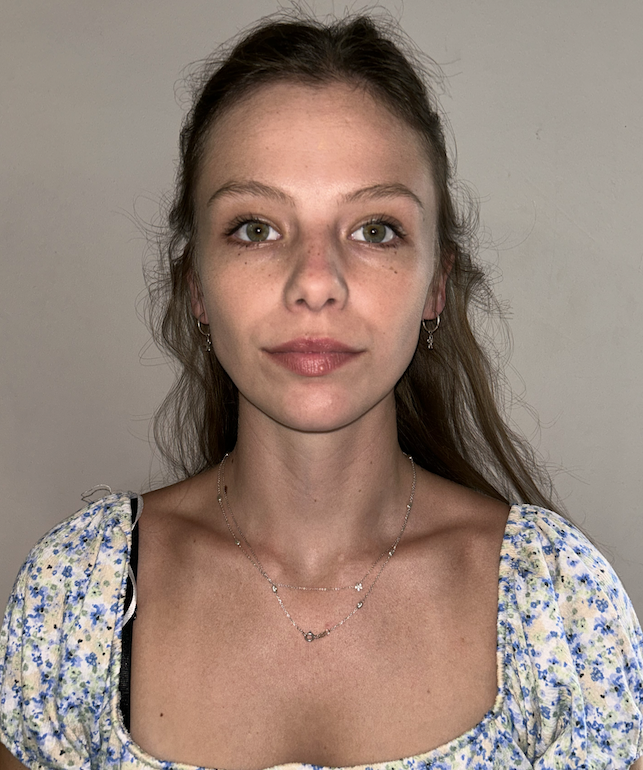
Kristen Burgess
- Scholar
- South Africa
- 2023 PhD Chemistry
- St Catharine's College
I have always been interested in the underlying mechanisms of disease, particularly cancer. After my undergraduate degree at Rhodes University, a small university in a small town in South Africa, I needed to decide between chemistry and biochemistry for my postgraduate endeavours; even though I love biochemistry, I opted for chemistry, as it allowed me to explore diseases (and other topics) with a molecular approach and left a few more doors open. Over the course of my undergraduate degree and postgraduate research, this interest has been ignited and has ultimately developed into an insatiable hunger to understand more. I will now be doing my PhD with a broader focus encompassing both chemistry and biochemistry. This project will investigate the effect that Glioblastoma Multiforme (malignant brain tumours) has on the surrounding extracellular matrix within brain tissue, in order to enhance its progression and invasion. Once the mechanism of the disease has been mapped out, an intelligent molecular intervention can be designed. I am just delighted about what this opportunity has to offer me in my quest for knowledge, filling the research gap, sharing my love for science and combatting this devastating disease.
Previous Education
Rhodes University Chemistry 2023
Rhodes University Chemistry 2022
Rhodes University Chemistry and Biochemistry 2021
Kristin Buterbaugh
- Alumni
- United States
- 2009 MPhil History, Philosophy & Sociology of Science, Techno
- King's College
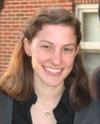
Kristin Buterbaugh
- Alumni
- United States
- 2009 MPhil History, Philosophy & Sociology of Science, Techno
- King's College
I am reading for an MPhil in the History and Philosophy of Science with a concentration in the history of medicine. My research focuses on modern reproductive medicine and technology. Upon returning to the US, I will matriculate at the Mount SInai School of Medicine through the "Humanities and Medicine Program." I am a 2009 graduate of Northwestern University with a BA in American Studies and I hail from Pittsburgh, PA.
Richard Butler
- Alumni
- Ireland
- 2012 PhD History of Art
- St John's College
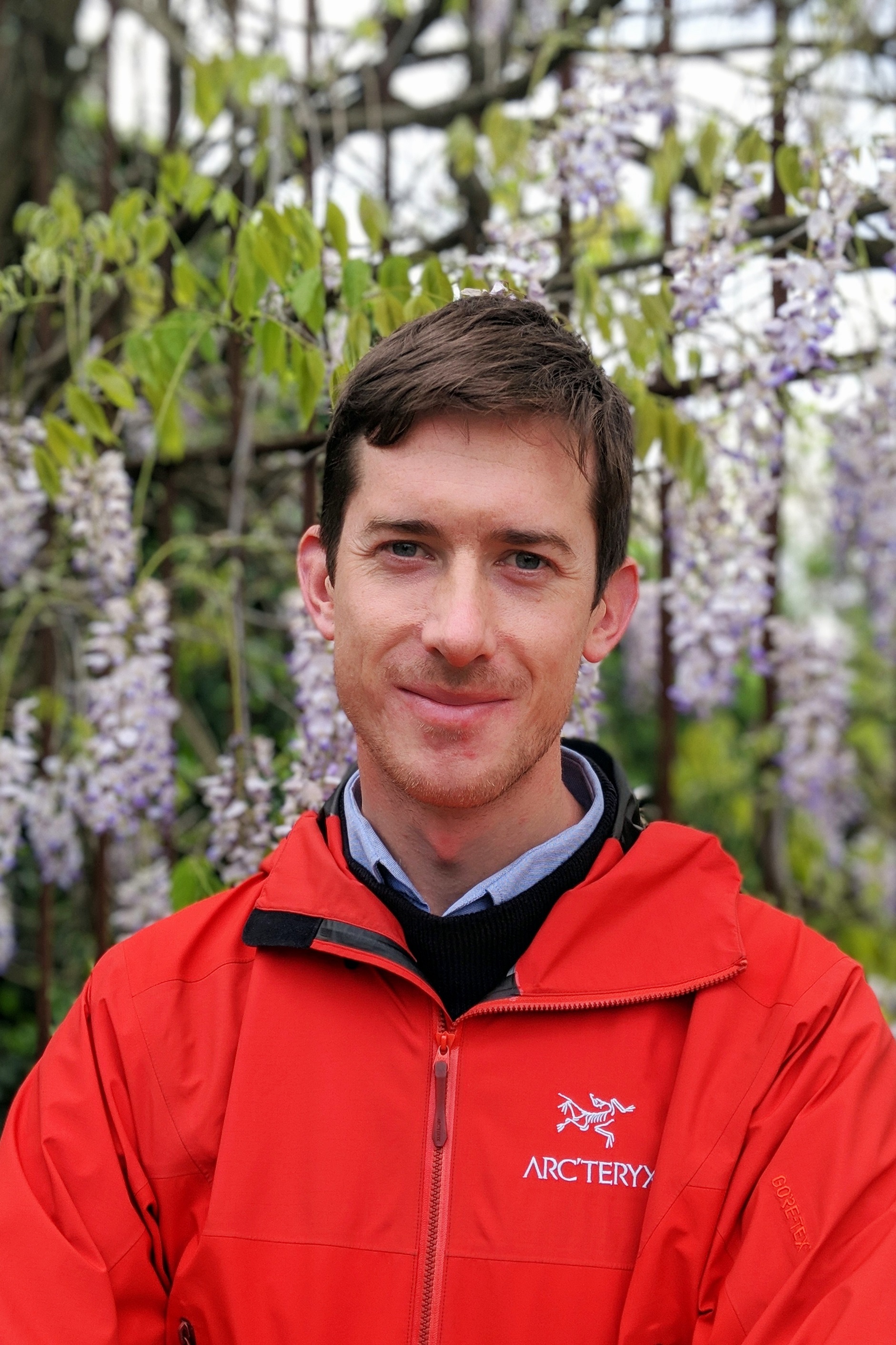
Richard Butler
- Alumni
- Ireland
- 2012 PhD History of Art
- St John's College
Between 2015 and 2021 I was Lecturer and later Senior Lecturer in Urban History at the University of Leicester. In 2021 I joined Mary Immaculate College (MIC), Limerick, Ireland, as Director of Research.
Thomas Buttler
- Alumni
- Germany
- 2001 PhD Chemistry
- Pembroke College

Thomas Buttler
- Alumni
- Germany
- 2001 PhD Chemistry
- Pembroke College
Michael Bycroft
- Alumni
- New Zealand
- 2010 PhD History and Philosophy of Science
- Darwin College
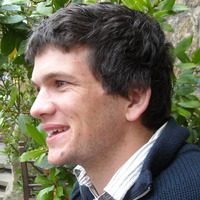
Michael Bycroft
- Alumni
- New Zealand
- 2010 PhD History and Philosophy of Science
- Darwin College
Aisling Byrne
- Alumni
- Ireland
- 2007 MPhil Medieval and Renaissance Lit
2008 PhD Medieval and Renaissance Literature - St John's College
Aisling Byrne
- Alumni
- Ireland
- 2007 MPhil Medieval and Renaissance Lit
2008 PhD Medieval and Renaissance Literature - St John's College
I am an Associate Professor teaching medieval literature in the Department of English Literature at the University of Reading. My primary research interest is the literature of medieval England. My first book "Otherworlds: Fantasy and History in Medieval Literature" was published by Oxford University Press in 2015.The Gates Cambridge Trust funded my MPhil (2008) and PhD (2011) at the University of Cambridge. Before coming to Reading, I spent four years working at the University of Oxford as Fitzjames Research Fellow in Old and Middle English at Merton College.
Previous Education
University of Cambridge PhD Medieval Literature 2011
University of Cambridge MPhil Medieval and Renaissance Literature 2008
University College Dublin BA English 2007
Christina Cabana
- Alumni
- United States
- 2018 MPhil Chemistry
- Churchill College
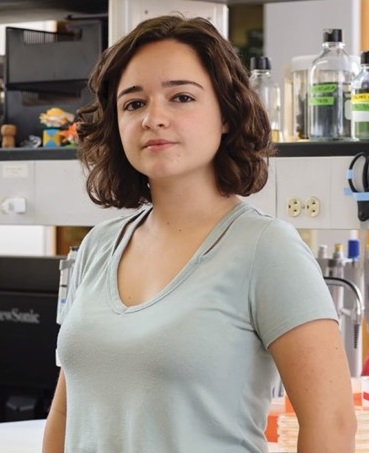
Christina Cabana
- Alumni
- United States
- 2018 MPhil Chemistry
- Churchill College
Growing up in Long Island, New York, my interest in science stemmed from a long-held obsession with Agatha Christie novels and crime television. Fascinated by the mysteries that science could uncover, I threw myself wholeheartedly into the incredible research program offered by my high school. While attending Carnegie Mellon University, my interests began to narrow; I sought out research experiences at the interface of biology and chemistry. I came to realize that biology was a predictable, malleable series of reactions in which I, as a chemist, had the power to interfere when those reactions went wrong. During my MPhil in Chemistry, I hope to work towards elucidating some of the molecular mechanisms that allow genetic material to be translated into the many proteins that are needed to sustain life. In doing so, I can develop molecules that prevent dysregulation of protein production, and the diseases that come with it. The ability to break down complicated biological processes into well-controlled experiments will be an invaluable skill as I ultimately lead my own research group in developing therapeutic agents against cancer.
Previous Education
Carnegie Mellon University
Emiliano Cabrera Rocha
- Alumni, Scholar
- Bolivia, Mexico
- 2019 MPhil Latin-American Studies
2020 PhD Geography - Darwin College
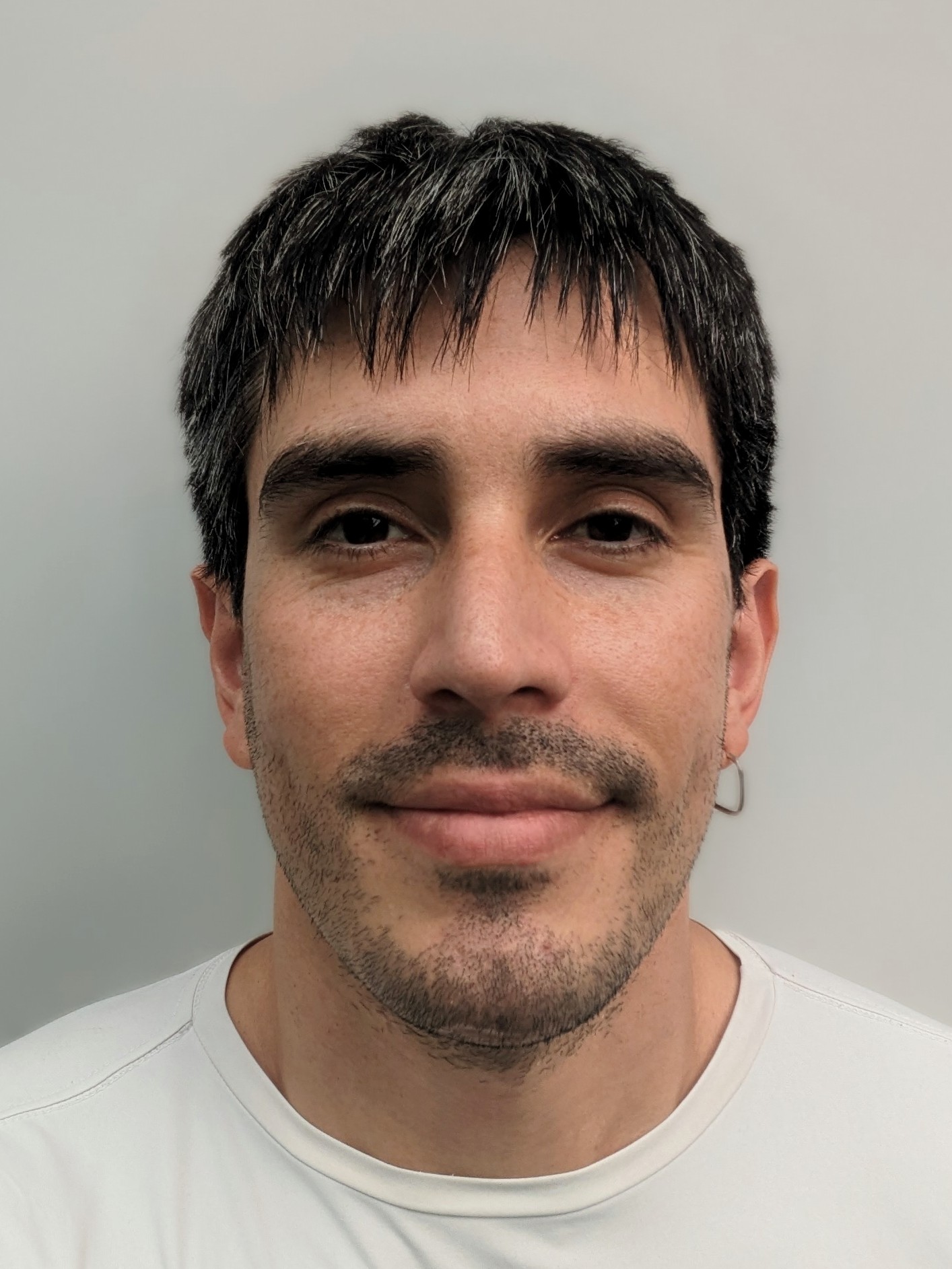
Emiliano Cabrera Rocha
- Alumni, Scholar
- Bolivia, Mexico
- 2019 MPhil Latin-American Studies
2020 PhD Geography - Darwin College
Growing up in the Bolivian Amazon, I witnessed both the construction of infrastructure and the creation of natural reserves. The puzzling tensions between these projects sparked my interest in the politics of the built and natural environment. I moved to Mexico to pursue a BA in Industrial Design at Tec the Monterrey, a training that left me well attuned to the ways in which material cultures (re)produce human-nature relations. During my MPhil in Latin American Studies, I studied the expansion of infrastructures, socio-environmental conflicts, and the emergence of the bio-tech approach to regional development. Now, through my PhD in Geography, I seek to understand the dynamics between scientific knowledge and entrepreneurial networks, and the role that such dynamics play in shaping visions of development in the Amazon. More specifically, I plan to examine how genetic and genomic sciences are enabling the emergence of new discourses and practices of development in relation to the enormous biological diversity concentrated in the Amazon Basin. My research interests also include Indigenous Knowledge, Bioeconomy, Intellectual Property of Genetic Material, and Histories of Development.
Previous Education
University of Cambridge Latin American Studies 2020
Tec de Monterrey (ITESM CEM) Industrial Design 2012
Andrea Cabrero Vilatela
- Alumni
- Mexico
- 2011 MPhil Micro & Nanotechnology
- Pembroke College
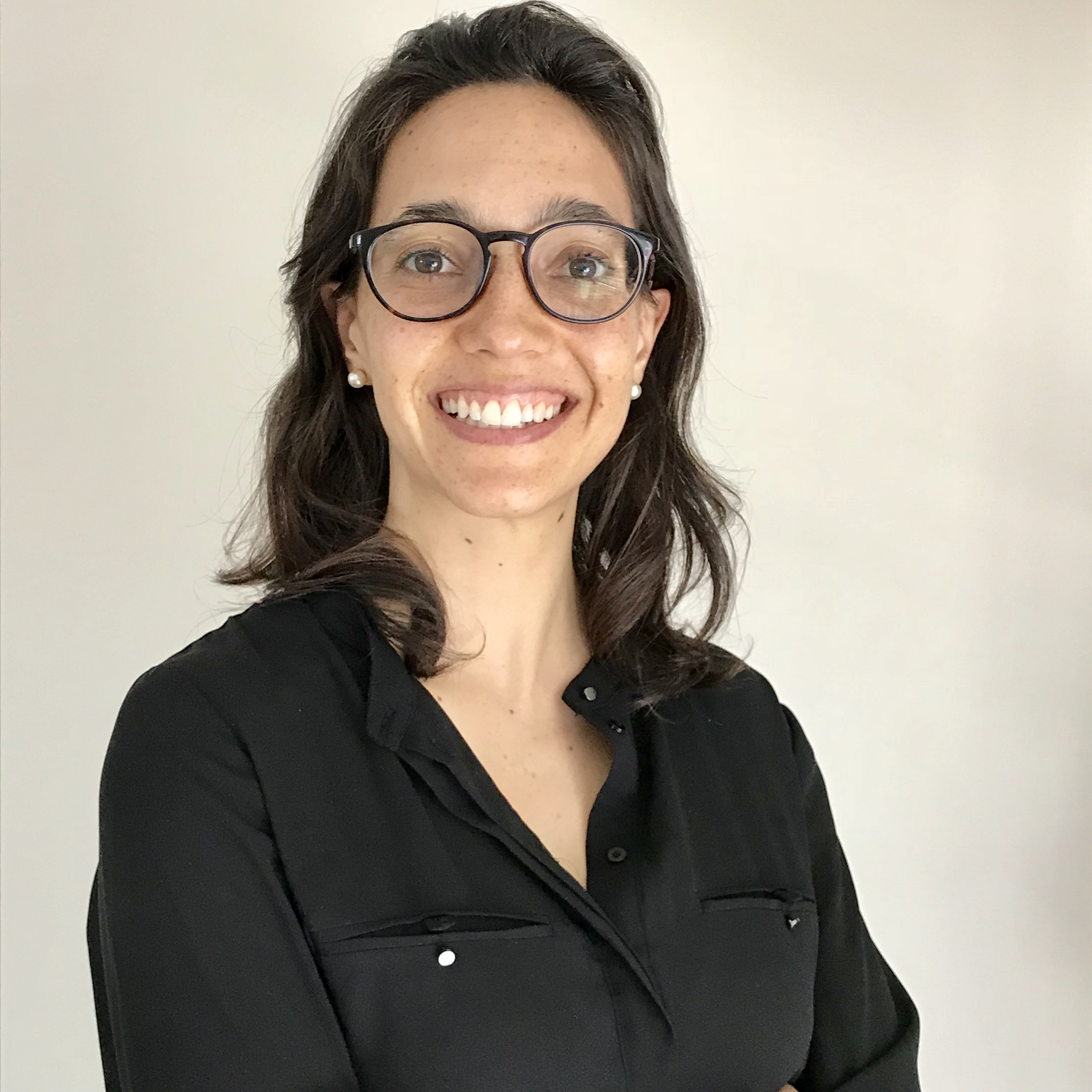
Andrea Cabrero Vilatela
- Alumni
- Mexico
- 2011 MPhil Micro & Nanotechnology
- Pembroke College
Fatema Caderbhoy
- Alumni
- Sri Lanka
- 2001 LLM Law
- Jesus College

Fatema Caderbhoy
- Alumni
- Sri Lanka
- 2001 LLM Law
- Jesus College








